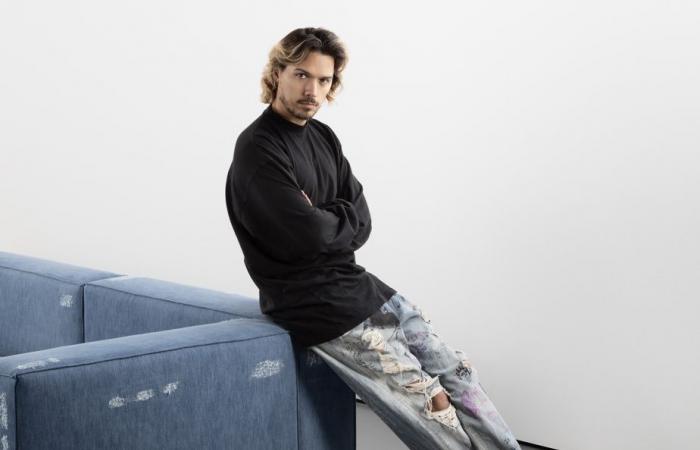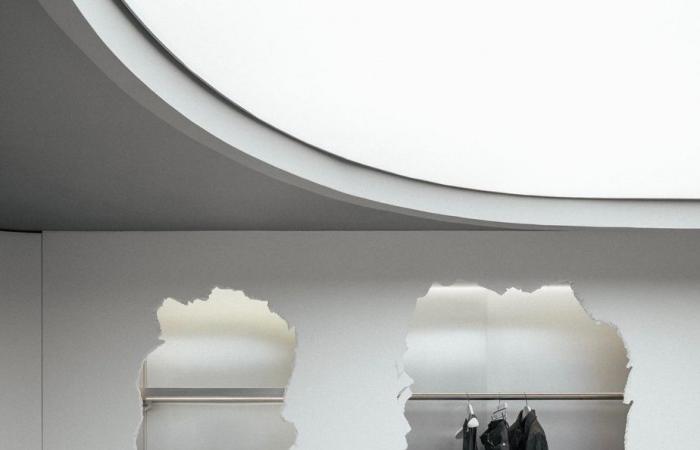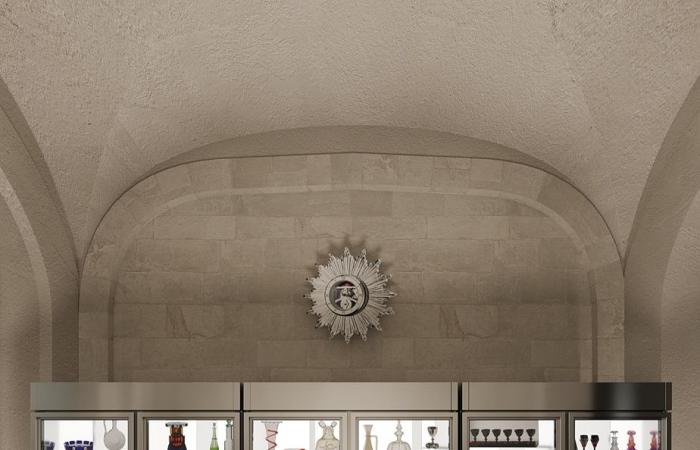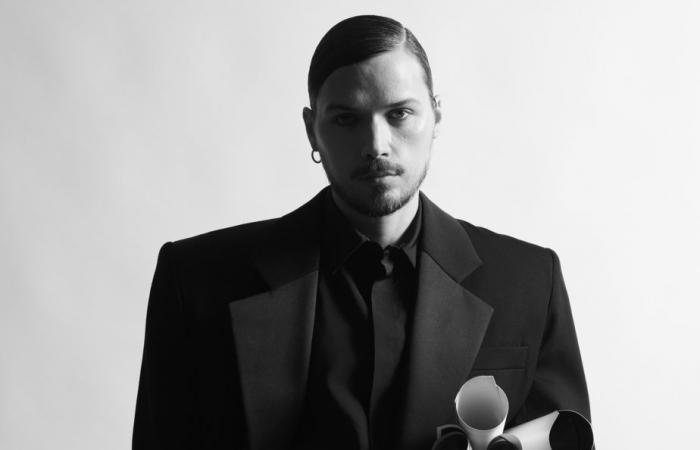It is by videoconferencing, from the prestigious International Furniture fair from Milan, which Harry Nuriev spoke with The pressearly April. The day before, he addressed his Montreal audience in the same way, as part of the event Completely design. On the international scene, we court this prodigy which dissects the drifts of consumerism, spray the boundaries between art, design and architecture, and is placed as a pioneer of a new movement. His manifesto revolves around an implacable principle: “nothing is lost, nothing is created, everything is transformed”.
Posted at 12:00 p.m.
How would you describe your approach to design?
I invented a term which is “transformism”. It is a movement that goes beyond the simple diversion of objects or functions. It is a way of rethinking any form of creation, artistic or other. I started exploring this path about ten years ago, but it was only recently, two years ago, that I gave it a more assertive name and direction. All my creations are guided by this philosophy. What I did at the Louvre Museum is an example. I have transformed objects recovered into the street into works of art.
What feeds your creative process?
Above all, they are the people. I spend most of my time working with them, responding to their desires, their personal quests, looking for meaning. And then there are trivial objects of everyday life, those who often go unnoticed, but which, for me, are full of potential.
Do you want to make things beautiful?
I’m not trying to create beauty. I’m looking for a thought, a thread. Some objects are not beautiful in the classic sense, but they can be soothing, organic or fair. For me, beauty is not made. It is present, often invisible. It is born instinctively and organic. My role is to bring it out, reveal it and make it shine again.
For the creation of the Camperlab store in Paris, for example, we worked on the idea of destruction by opening large gaps in the walls, which is normally seen only during a demolition. We have transformed them into a central decoration element and this raw gesture has become our main story. Chaos of destruction can reveal a form of peace, silence, and a certain beauty. But everyone is free to see what they want.
-
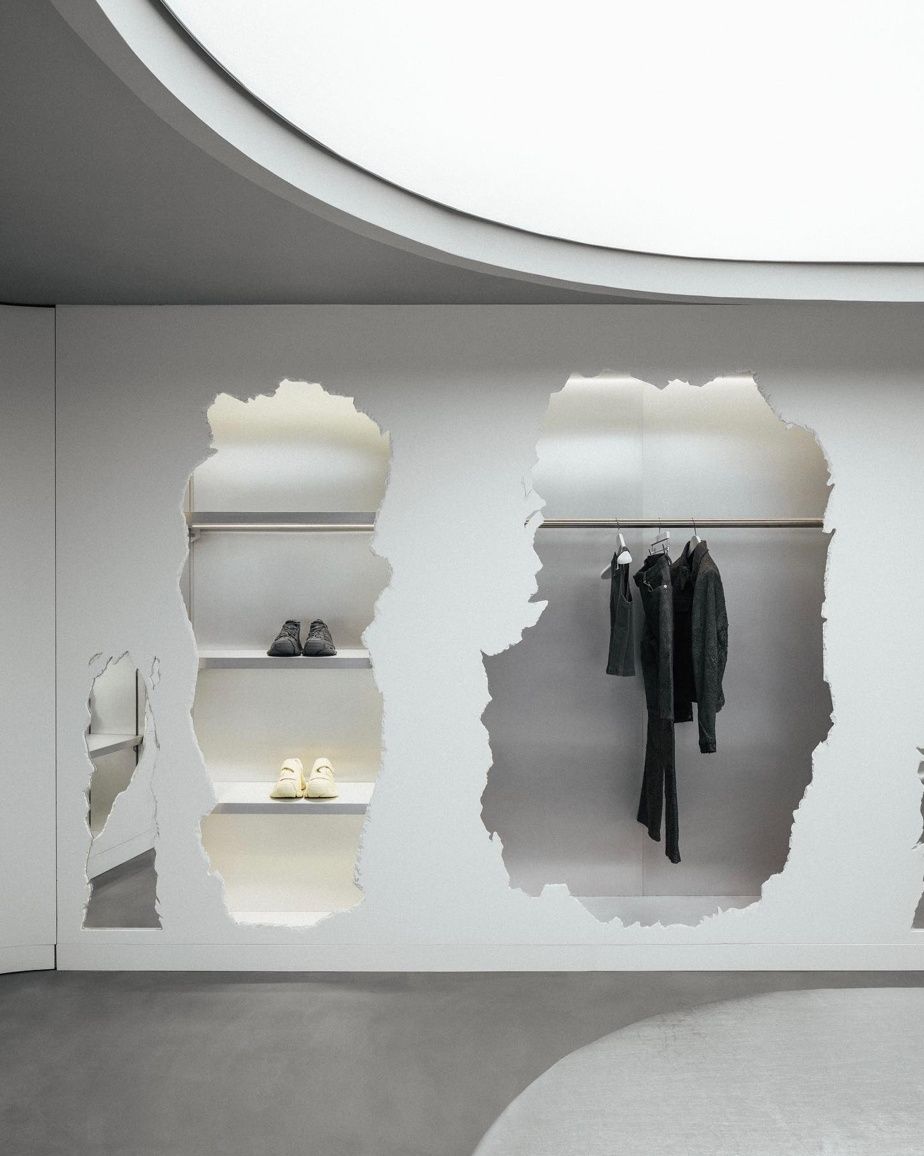
Photo provided by Crosby Studios
The Paris Camperlab store in Paris
-

Photo provided by Crosby Studios
Lick–windowsand pop-up Signed Harry Nuriev at the Louvre
-

Photo provided by Crosby Studios
The collection Saratogadesigned by Harry Nuriev for the Italian house Portronova
-
1/3
What is your ultimate goal as a creator?
It is to generate an emotion. We live in a world of decor and function that is emptied of its meaning. I believe that we leave this era to enter that of the feeling.
Today, we are sorely lacking in true sensations: we live anesthetized. My ambition is to provoke a thrill, even if it sometimes means sacrificing the function of space or object in favor of emotion. If there is no emotion, the function does not matter. Emotion is what gives life to things.
Harry Nuriev, architect and designer
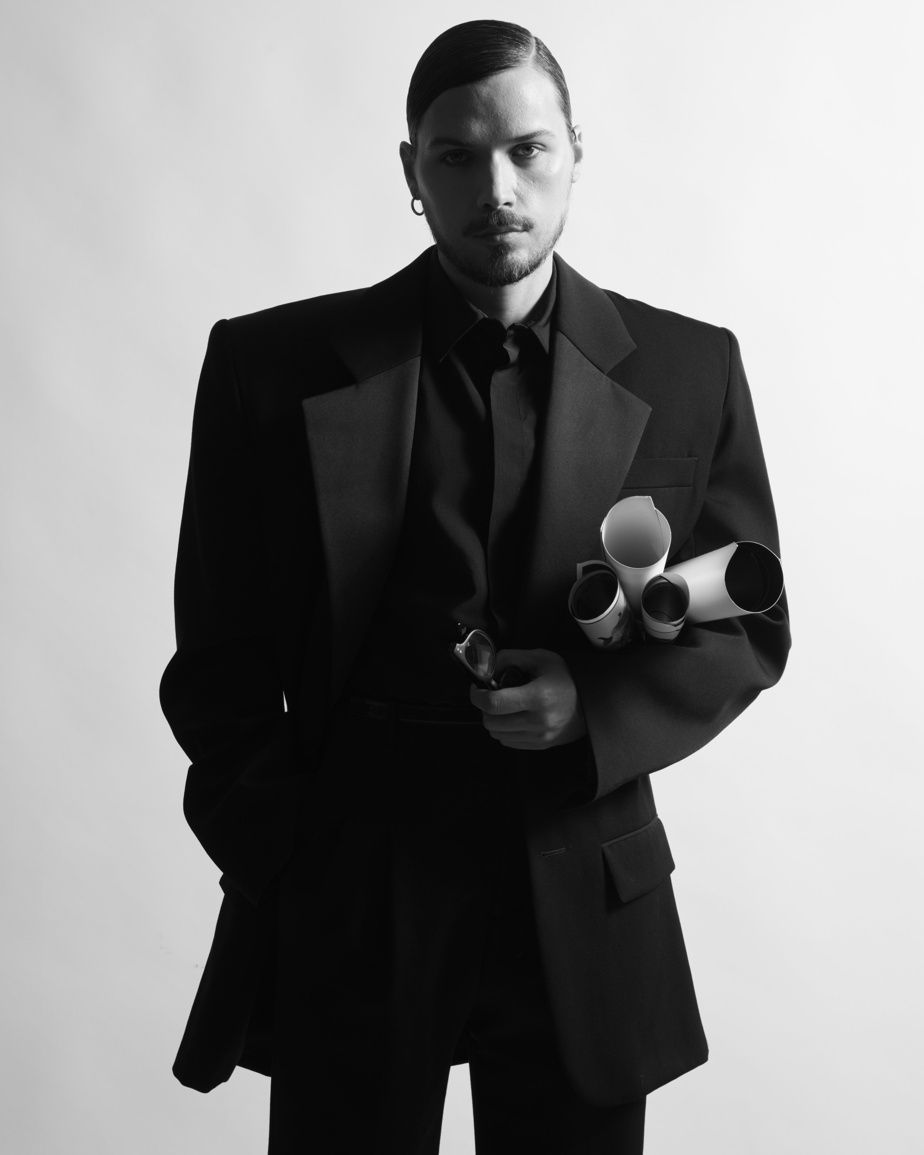
Photo Freddy Persson, provided by Crosby Studios
Harry Nuriev
Is there a type of creation that you would still like to explore and a work that you would like to have signed?
A major hotel project would please me. It would allow me to democratize my approach. I would also like to design film sets, because cinema fascinates me. I rarely inspire other creators. I respect it a lot, of course, but my imagination comes rather from banal things, than others do not notice. A harmless, even boring object – like a trash can – can become a starting point.
How do you see design in the coming decades?
Design has always consisted in capturing the spirit of the present and imagining the future. Today, it is also about going back, rereading the accumulated data, analyzing what we already know. I think we are faced with an excess of production and that we will be more and more. We will have to work with what surrounds us, what is already existing. It will force us to be more cautious, but also more creative. When you have unlimited resources, it’s easy to create. But creating without new materials, with what we have on hand: it will be the real challenge.
The remarks were reworked to match the format.Consult the Crosby Studios website (in English)
Who is Harry Nuriev?
Architect and designer of Russian origin, born in 1984, he is the head of Crosby Studios, which is located in New York and Paris. He develops avant-garde projects that range from furniture to commercial sets, including immersive facilities. He is the founder of “transformism”, a movement which he conceptualized and named, and which wonders about the challenges of consumerism. Nuriev transforms daily objects into carriers of meaning. His multidisciplinary and philosophical approach has earned him prestigious collaborations with Balenciaga, Nike, Oma, the Louvre Museum and Valentino.

